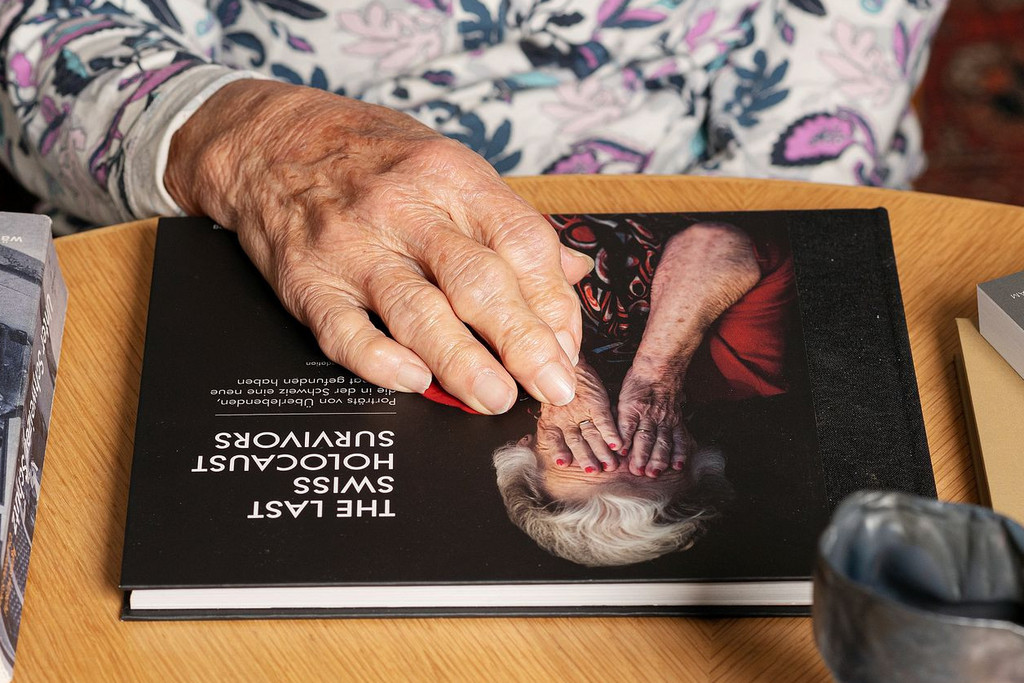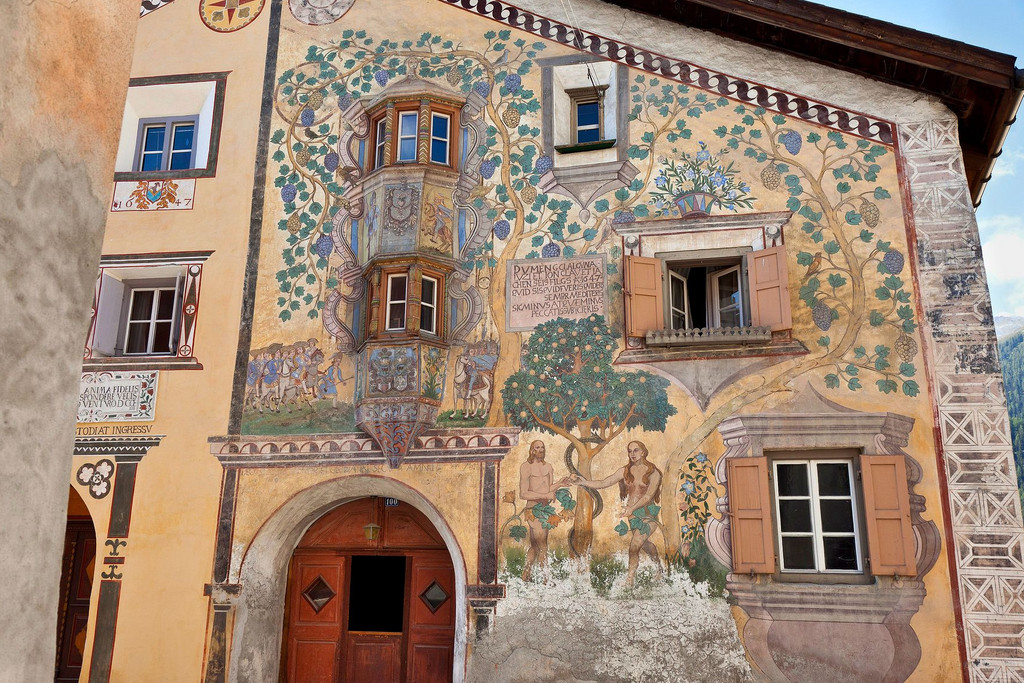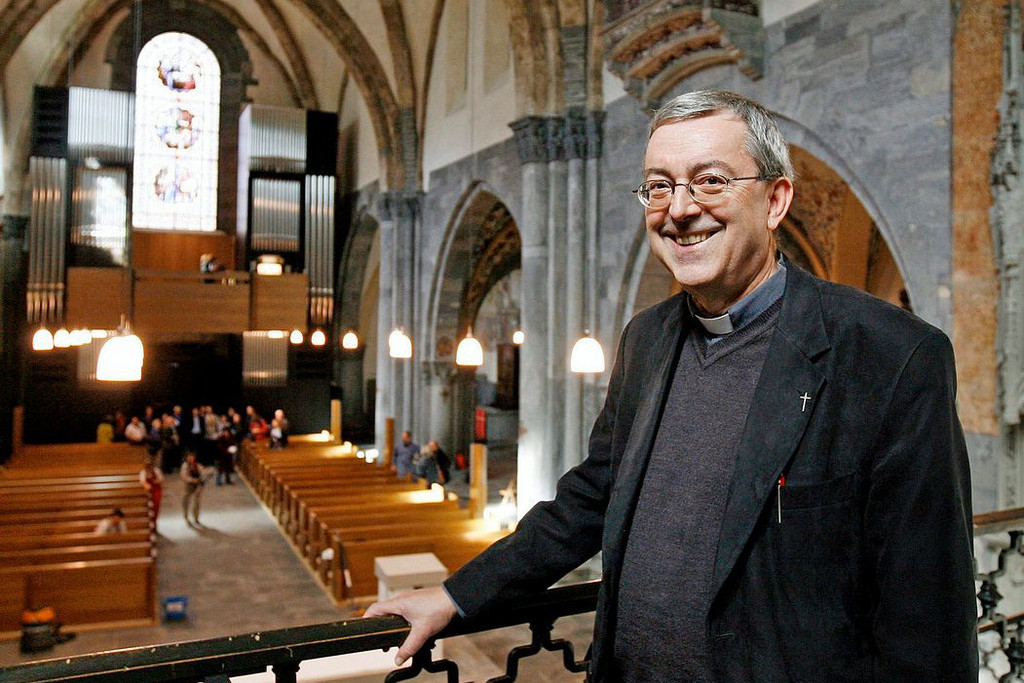“If things continue like this, there will be more journalists in unemployment than there are left reporting on the restructuring!” This was the view of Sami Kanaan, mayor of Geneva, at a municipal council meeting towards the end of 2017. French-speaking Switzerland no longer has enough readers or funding to sustain its many newspapers.
In summer 2018, the closure of “Le Matin” left 41 jobless. This came just one year after the closure of “L’Hebdo”. Two icons of the Swiss press were already closed during the 1990s – “La Suisse” and the “Journal de Genève” – followed by “Le Nouveau Quotidien”. Even if the exact figures have not been shared, generally speaking, newspapers are struggling. The media group Tamedia concedes that the “Tribune de Genève” is losing money. And it’s the same for “Le Temps”, even if that hasn’t been confirmed. It looks like “Le Matin Dimanche” is also starting to lose ground,” says Alain Maillard, editor in chief of the media trade union publication, “Edito”, until the end of 2018.
Heading towards a single French-language newspaper
“24 heures” and “La Tribune de Genève” have fused parts of their editorial teams to create one main editorial staff working under their publisher, Tamedia. This staff also includes journalists from “Le Matin Dimanche”. “All that’s left for these individual newspapers is the local news, as it’s the only thing that can’t be completed elsewhere. It could end up turning into one single French-language newspaper,” reflects Fabio Lo Verso, media analyst and former director of the newspaper “La Cité”, which closed at the end of 2018.
The cause of these losses is both a crash in advertising revenue, with advertisers migrating towards sales platforms like Ricardo, and eroding readership, particularly amongst the younger generation. “They no longer pay for news,” explains Maillard. He also highlights difficulties in adapting to digital formats as a further issue for newspapers. The digital transition may well reduce production costs, but this reduction does not necessarily compensate for the lower return achieved from online advertising.
Regional press as a tool of democracy
Maillard and Lo Verso are calling for public support for the press, perhaps by way of an amendment to the Constitution. They note that news coverage of public affairs is holding out, notably thanks to the public service offering. Maillard points out: “The regional press provides access to information for a great number of people, which is necessary for democratic debate.”
Surviving newspapers and new media
Certain newspapers are nevertheless managing to survive amidst the difficulties. “La Liberté” in the canton of Fribourg, for example, which is partly publicly-owned. “Le Courrier”, based in Geneva and with a readership of 7,000, is managing to continue its fight thanks to the support of its subscribers. The online and print publication “Heidi.news” will be presenting scientific journalism from the spring onwards and will be headed by Swiss journalist Serge Michel, who previously worked with the newspaper “Le Monde”. He has received the support of Tibère Adler from the Avenir Suisse think tank. “The primary funding has been received from the founders,” states “Heidi.news”. Finally, journalists from the defunct “Le Matin” are reportedly looking into an original concept involving collaboration with cafés and restaurants.
Read more: Journalism is facing the squeeze












Comments